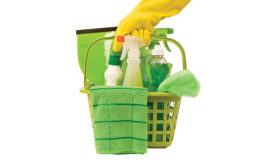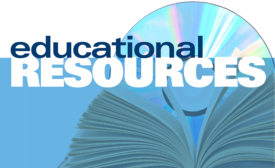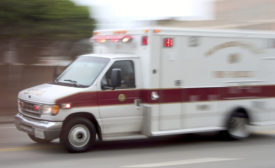News
It’s not enough to have emergency eyewash stations…
…companies must perform regular maintenance on them
August 24, 2015
Illinois construction companies exposed workers to asbestos
Company threatened to fire workers who spoke with OSHA
August 21, 2015
21-year-old employee loses four fingers on his first day
Company did not report amputation, as required by OSHA
August 21, 2015
Job strain linked to increased sick leave
Improving work psychosocial factors may reduce mental health sick leave
August 20, 2015
Never miss the latest news and trends driving the safety industry
eNewsletter | Website | eMagazine
JOIN TODAYCopyright ©2024. All Rights Reserved BNP Media.
Design, CMS, Hosting & Web Development :: ePublishing








